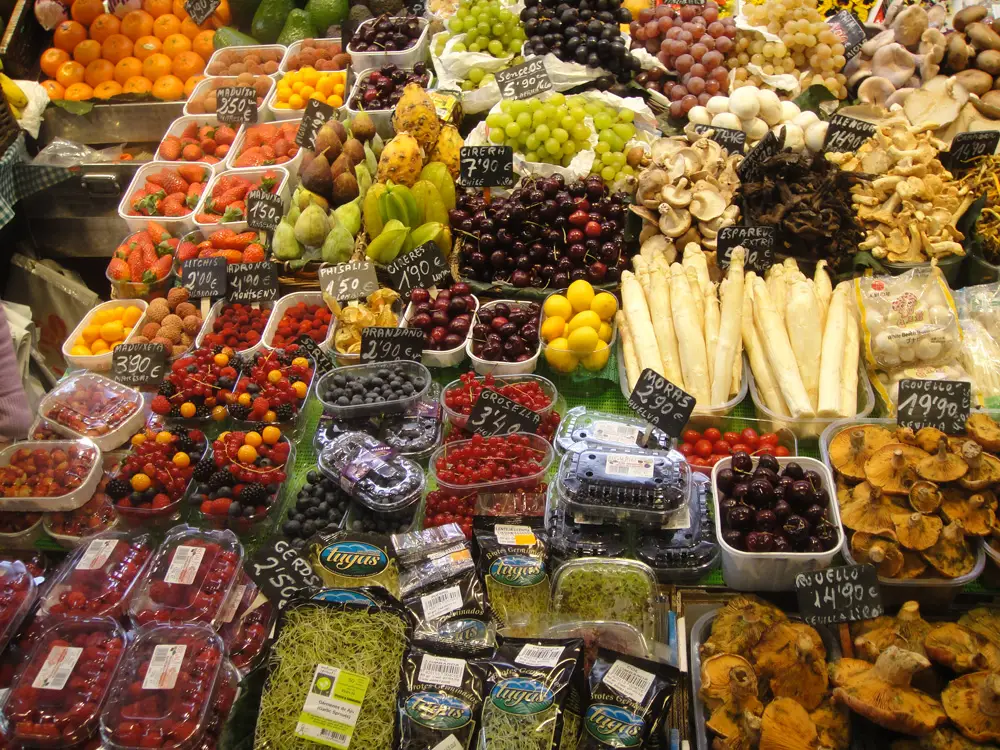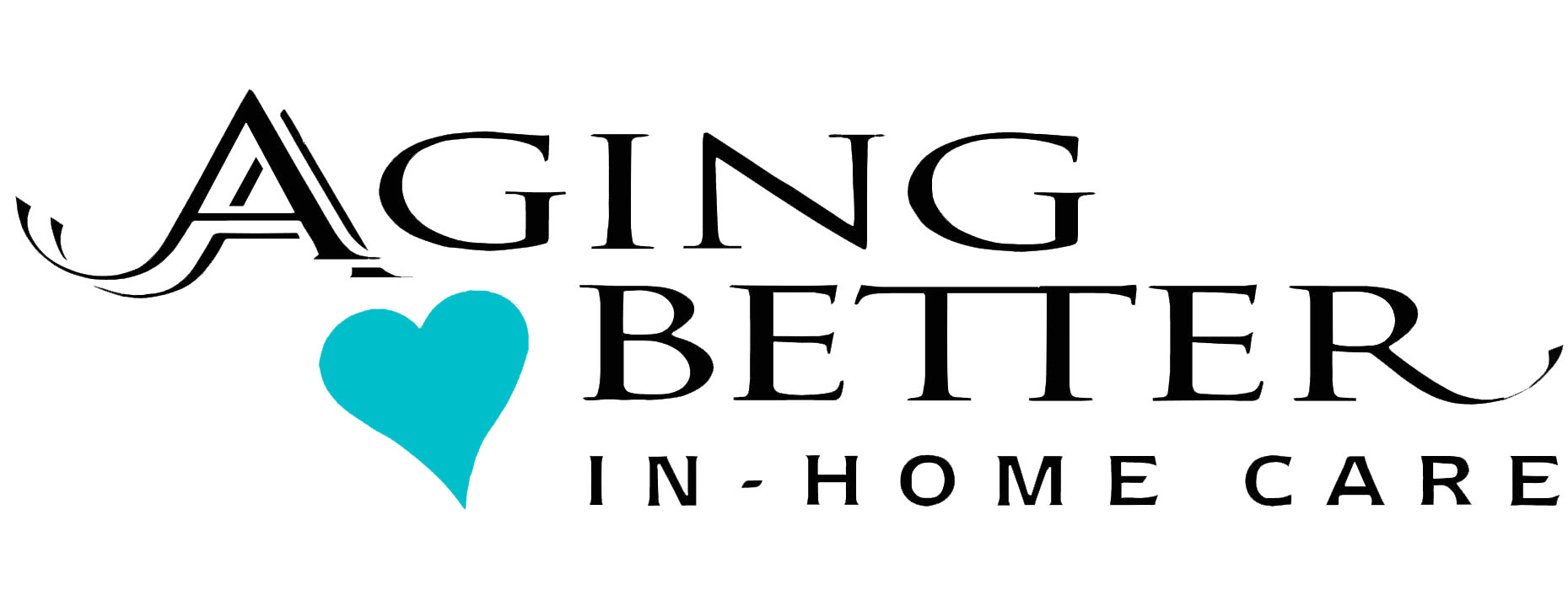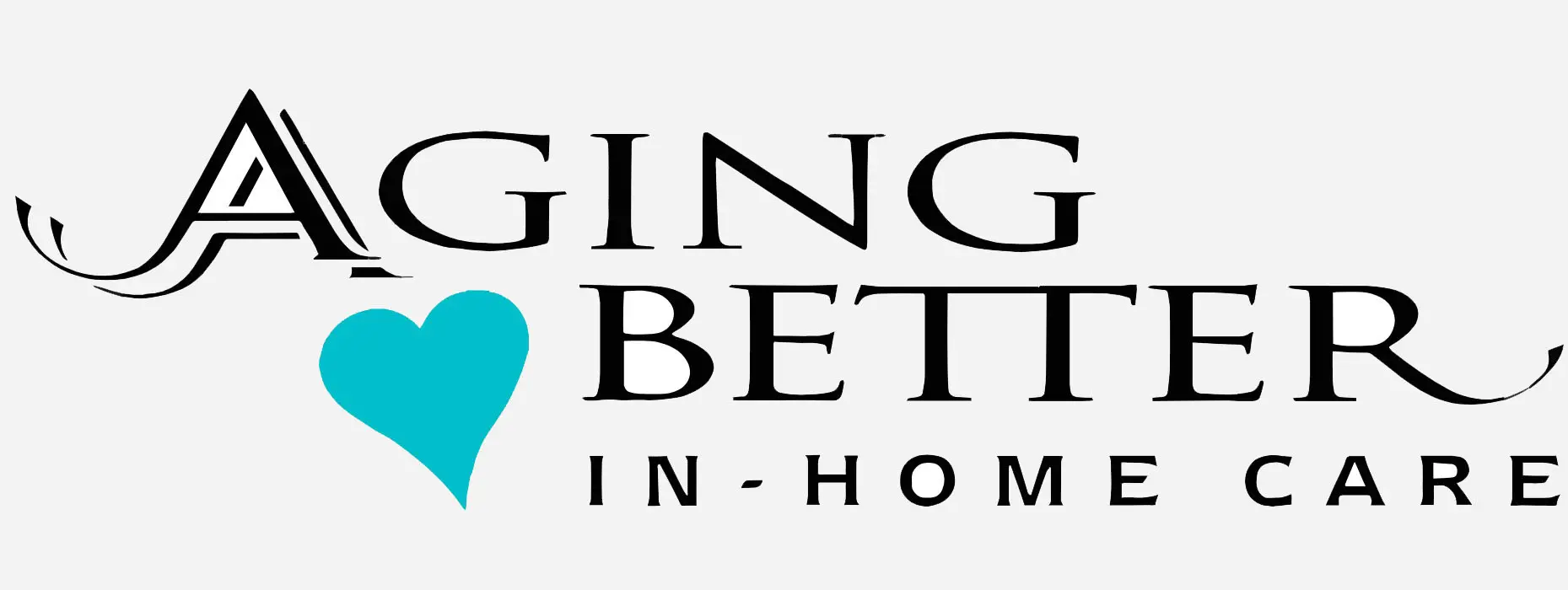Liberty Lake, Washington Post Falls, Idaho Sandpoint, Idaho
509-464-2344 208-777-0308 208-263-7889

There is nothing so frustrating to many aging Americans as not being able to eat the way they used to when they were younger. Not that they want to go back to eating cheeseburgers and fries two or three a week for lunch, Ramen noodles for dinner or super cheap snacks throughout the day like they did in their college or high school days. But most would agree that there are times it would be nice to wolf down a big meal of steak and baked potatoes, along with a desert after dinner.
The reality of aging is that most seniors eventually find they can’t tolerate many foods they had no problem with when younger. As people age, the intestine (the microbiome) changes right along with them and foods are no longer digested or absorbed as they once were. Stomach capacity decreases along with perhaps indigestion, reflux and heartburn. Adding much alcohol to the mix doesn’t work well either and most seniors that enjoyed a steady diet of cocktails or beers find they can no longer tolerate alcohol as previously. There are exceptions to this rule, of course, but generally the older individuals get the less they eat and drink.
The solution is to fine-tune eating habits to suit current age and stage of life. Since metabolisms slow down as the decades pass due to a decrease in lean muscle mass, seniors need to pay even closer attention to the reduced calories they eat. A good rule of thumb is to make every calorie count nutrition-wise. Depending on how physically active an individual is, cutting 100 calories out of the daily diet after the age of 40 should help avoid packing on the extra pounds.
But being careful to eat nutritious foods is also doubly critical to ensure the microbiome (and the body) gets the proper nutrients it needs to help maintain optimal health. For instance, after age 50 a body’s ability to absorb vitamin B12–important for proper nerve function and the production of red blood cells–declines. Vegetarians are at especially high risk because the best food sources of B12 are animal products. The simplest solution for most people over 50 is to take a B-complex product that includes all the B vitamins. Since vitamin B is water soluble, there’s little risk of taking too much. However, it’s always best to follow the manufactures’s directions or consult a medical practitioner before starting any supplement or product.
Finally, if an older individual has always had an alcohol intake in the moderate zone–one to two drinks per day–and the person feels fine at that intake level, there’s probably nothing to worry about. But if a senior notices that wine, beer or cocktails have a greater effect than they used to, consider cutting back to an amount that feels okay.
After age 50, another good rule of thumb is to replace half of what a person used to drink with non-alcoholic beverages. It’s an approach that makes sense because it both reduces alcohol intake and helps maintain hydration–another very important issue that every older individual needs to be aware of.



